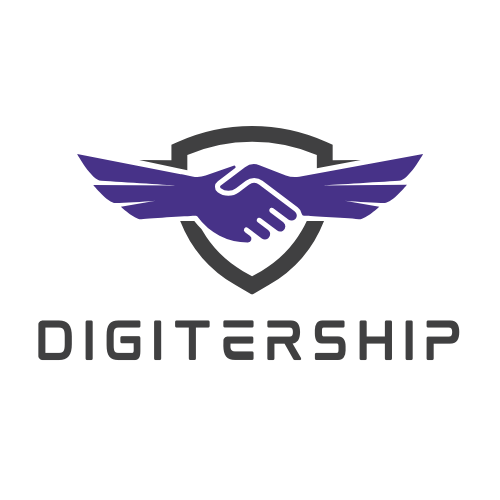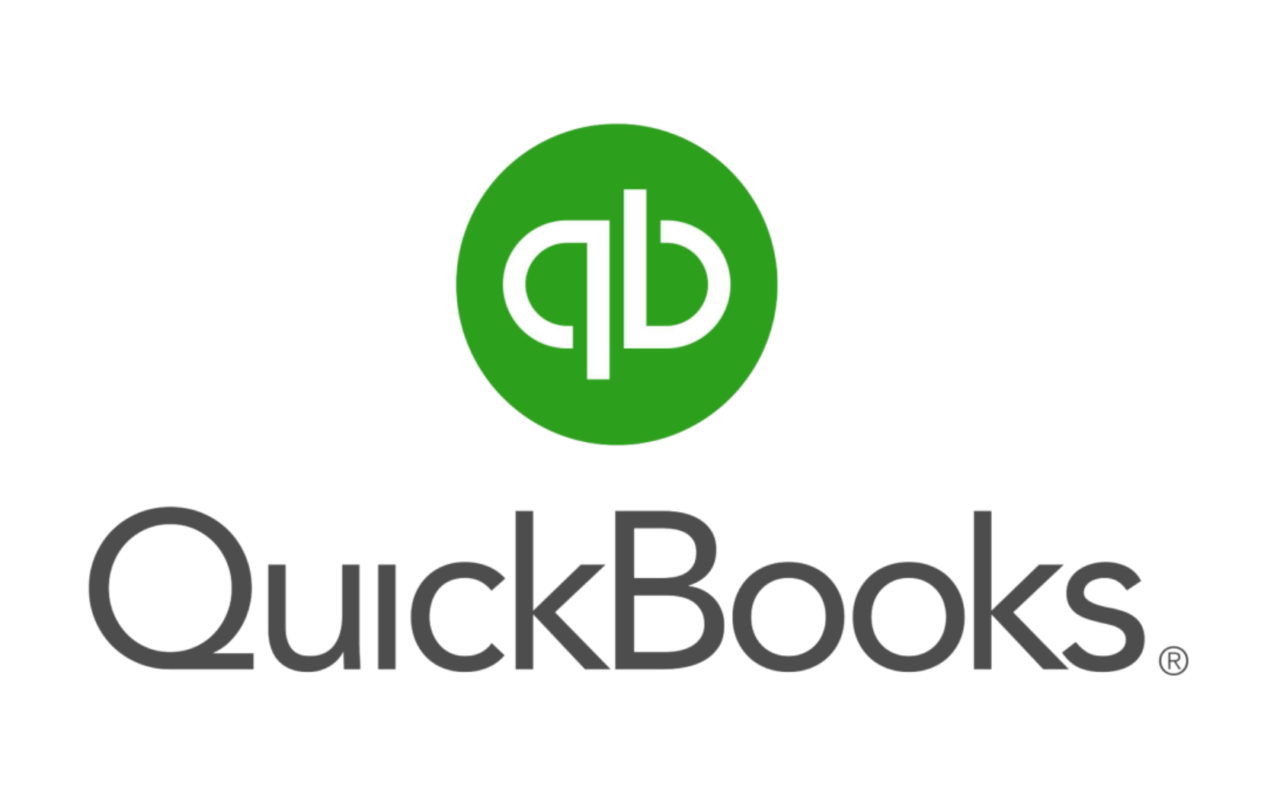No products in the cart.
CRM
QuickBooks or a CRM? Why SMBs need to consider both
When it comes to managing a small or medium-sized business (SMB), it’s important to have the right tools in place to help you stay organized, efficient, and profitable. Two common tools that many SMBs consider using are QuickBooks and a Customer Relationship Management (CRM) system. Both tools have their own respective benefits, but SMBs may want to consider using both in order to maximize their efficiency and success. The best way is to integrate both and utilize the software for specific business requirements.
QuickBooks: Accounting Software for SMBs
QuickBooks is a popular accounting software designed specifically for SMBs. It allows businesses to track their income and expenses, manage their accounts payable and accounts receivable, generate financial reports, and more. QuickBooks is available in a variety of versions, including desktop and online versions, and it offers a range of features and tools to help SMBs manage their finances effectively.
One of the biggest benefits of QuickBooks is its ease of use. It’s user-friendly and easy to navigate, even for those with little or no accounting experience. This makes it a great choice for SMBs that don’t have a dedicated accounting department or staff. With QuickBooks, you can easily manage your finances, stay on top of your cash flow, and make informed financial decisions for your business.
Another advantage of QuickBooks is its versatility. It’s compatible with a wide range of other software programs and tools, including CRM systems. This means that SMBs can easily integrate QuickBooks into their existing workflows and processes, and use it in conjunction with other tools to streamline their operations.
CRM Systems: Managing Customer Relationships
A CRM system is a software platform that helps businesses manage their customer relationships. It allows businesses to track customer interactions, manage customer data, and analyze customer behavior in order to improve their marketing and sales strategies. CRM systems can be used by businesses of all sizes and in a variety of industries, including retail, healthcare, and financial services.
One of the key benefits of a CRM system is its ability to improve customer relationships. By tracking customer interactions and behavior, businesses can gain valuable insights into their customers’ needs, preferences, and pain points. This allows them to tailor their marketing and sales strategies to better meet the needs of their customers, resulting in increased customer loyalty and retention.
Another advantage of a CRM system is its ability to increase efficiency and productivity. By automating many of the tasks associated with managing customer data and interactions, businesses can free up their staff to focus on other tasks and projects. This can help SMBs to reduce costs and increase their overall efficiency.
QuickBooks and CRM: Why SMBs Should Integrate Both
While QuickBooks and a CRM system may seem like two separate tools, they can actually complement each other quite well. By using both tools together, SMBs can gain a more comprehensive view of their business operations and better manage their finances and customer relationships.
For example, by integrating a CRM system with QuickBooks, SMBs can gain valuable insights into their customer behavior and use this information to make informed financial decisions. For instance, they may identify which customers are most profitable and therefore be able to focus their marketing efforts on retaining them.
Similarly, QuickBooks can provide valuable financial data that can help businesses make more informed decisions about their customer relationships. For example, if a business is considering offering a new product or service, they can use QuickBooks data to determine whether the investment is financially viable, and if so, which customers are most likely to be interested in it.
Using QuickBooks and a CRM system together can also help SMBs to automate many of their financial and customer management tasks. For example, they can automate the process of invoicing customers and recording payments, which can save time and reduce errors. They can also use the CRM system to automate email marketing campaigns, which can help them to stay in touch with their customers and keep them engaged.
The Final Takeaway
By integrating CRM and QuickBooks, SMBs can achieve a more streamlined and efficient business operation. For example, CRM data can be used to generate invoices and payments in QuickBooks, while financial data from QuickBooks can be used to provide a more comprehensive view of customer interactions in the CRM system. This integration can help businesses make more informed decisions and gain a deeper understanding of their customers, ultimately leading to improved sales and customer satisfaction.
Both CRM and QuickBooks offer cloud-based solutions that can be accessed from anywhere with an internet connection. This flexibility can be particularly valuable for SMBs that may have remote workers or need to collaborate with partners or customers in different locations.

